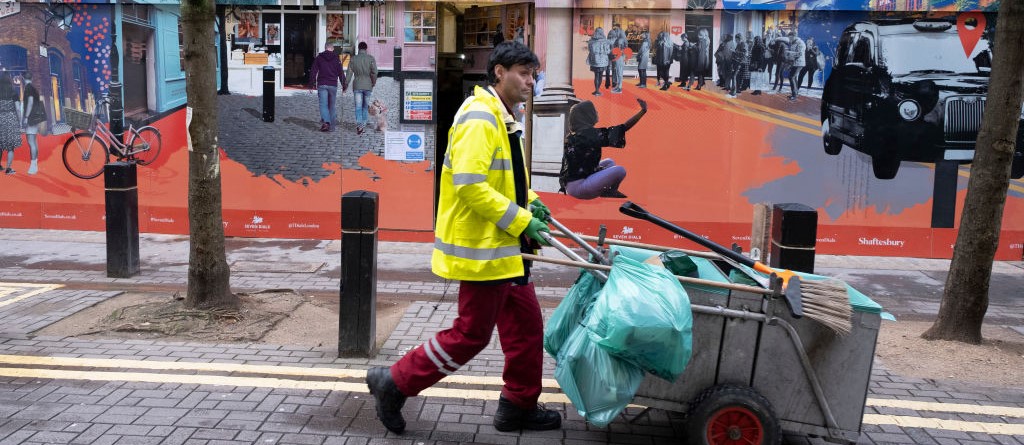Save the ‘Pink Book’
Youth workers have lobbied the Local Government Association over threats to tear up their â€pink book’ protecting pay, terms and conditions.
Unite – which represents thousands of youth, community and play workers – led a demonstration at the LGA’s headquarters in central London aimed at fighting proposals by LGA employers to abolish the Joint Negotiating Committee for youth and community workers.
Crucially this â€pink book’ recognises the professional qualifications of youth and community workers and ensures they are paid fairly for the job they are professionally trained to do.
Unique and special
“We are unique, we are special, communities need us, education departments and social services need us,” says Tracey Quinn – chair of Unite youth and community operations committee.
“Leave our professional pay and conditions alone. We are a professional workforce and we don’t want to turn into family support workers or mini social workers,” she says.
Quinn adds that “youth services have had terrible attacks around the country over the past four to five years,” but thinks the proposal to axe the JNC is about far more than the economic bottom line.
Professional identity
“It’s not just about the cuts but them getting rid of our professional identity. Without the pink book our professional status will disappear,” she said.
The union – which distributed leaflets outlining â€ten reasons to fight for the JNC’ – has said serious questions need to be asked about the LGA’s motives for tearing up the ‘pink book’.
That point echoed by Jed Sullivan, Unite JNC staff-side chair. “If our terms and conditions are taken away then the requirement for professionally qualified staff also gets taken away and that will absolutely have a knock on effect on the calibre of workers, working with some of the most vulnerable and hard to reach people in our communities.
Strong words
“We are appalled that this is an officer led decision by the LGA. I am confident that as a result of this campaign elected members will perhaps give officers some strong words of advice.”
Nooh Lunat – a youth worker in Lancashire – said he was there to “defend our profession. Our terms and conditions are being attacked, our qualification is being attacked.
“My colleagues are angry. I don’t know a single youth worker who isn’t. I started volunteering, I did the training and now all that seems as though it were for nothing.
“At the end of the day it is young people who are going to lose out. Young people are seen as a weakness, an easy target for cuts.”
Stuart Mathers – who works for a youth charity in London – has similar concerns.
He said “we have already seen services decimated with hundreds of youth clubs shutting across the country. Local councils, as they look to squeeze money out of their budgets, see youth services as a luxury, rather than something that actually saves them money for schooling, crime and so on.
Respecting staff
“The JNC is the one reminder to employers to the importance of respecting staff and having the right people to work with young people. You wouldn’t have an unqualified teacher, why would you want an unqualified youth worker,” he added.
The JNC has been central to the growth of youth services and the development of youth work since 1961. It includes extra annual leave entitlement in recognition of the stressful and unsocial hours associated with youth work.
Crucial serviceÂ
Around 75 per cent of local authority and voluntary sector employers still apply JNC terms and conditions.  For Kevin Williams, a youth worker based in Barnsley, this is about maintaining what he calls “a crucial service.”
Placard in hand, he says, “youth workers help young people with drug addiction, those who get associated with gangs and knife crime. Youth workers are the ones that are able to tackle these social issues when other services can’t.
“On top of that, what the â€pink book’ gives us is a national standard – so we know that the youth workers in the south of the country have the same sort of experience and qualifications as those in the north and young people have the best service.”
Leading the lobbying, Unite national officer Colenzo Jarrett-Thorpe, said “my feeling is that we are making progress, we are getting our message across.
“We are continuing to lobby and fight on behalf of youth workers. The pressure is going to continue – we won’t stop while there is blood left in our bodies.”
 Like
Like Follow
Follow
